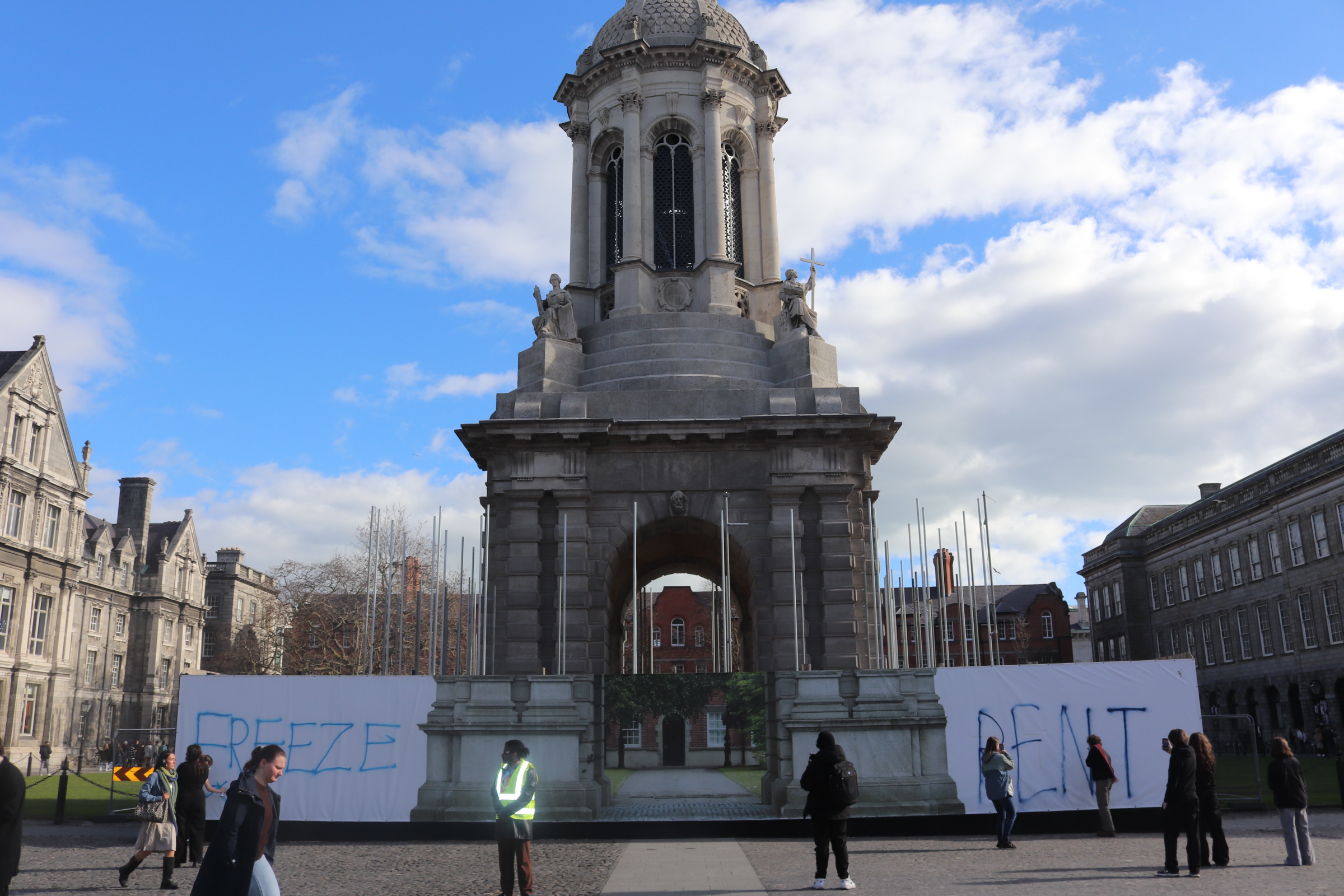Culture wars over anti-fascist organisations are nothing new – they’re a major feature of Trump’s America and, fanned by anonymous Twitter trolls, they’ve brought into sharp relief the polarised state of much of society.
What they hadn’t done until now was permeate Irish society to any great degree.
This week, that might have started to change. The Burkean, a conservative publication condemned last year for an article promoting eugenics, fired the starting gun on a “long term investigative” project – executed by impersonating an anti-fascist group – that claims to expose a left-wing conspiracy at the heart of Irish society.
To most people, being anti-fascist is a straightforward – and benign – position. But in some cases, fuelled by parts of the media, it’s taken on another significance – as a campaign that some argue seeks to shut down conservative ideas. It’s a definitional disparity with the potential to become toxic – and it underpins the Burkean’s reporting.
Michelle Byrne, the deputy president of the Union of Students in Ireland (USI), was caught in the sting.
Byrne comes out of the affair with her reputation severely damaged. Spurred on by leading questions, she appeared to endorse actions – like doxxing and public shaming – against students identified as holding right-wing beliefs.
She also agreed to secretly provide the group with details of students who might oppose them – seemingly with little proof of the students’ fascist tendencies, and without even asking her camouflaged caller their full name.
It’s hard to believe that Byrne – the second-most senior official in a body representing 374,000 students – was so willing to give up student names so easily to a faceless organisation that said it wanted to “slap them around”.
Her words also severely undermine USI, a body that for all its faults has often been on the right side of history – supporting marriage equality and repeal long before the ideas entered mainstream politics.
Ultimately, Byrne’s actions give the Burkean – a publication manned by anonymous activists, with little credibility in the eyes of most – the publicity it needs to sow the politics of division among students.






